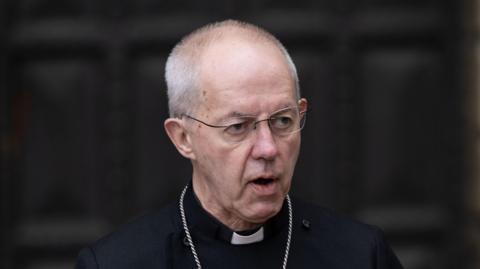For over 30 years police were not told about Smyth’s crimes because of an "active cover up" inside the Church of England, according to the Makin review published earlier this month.
It found that Smyth was an "appalling abuser of children and young men. His abuse was prolific, brutal and horrific".
It also highlighted how evidence of crimes had been gathered in the 1980s but was suppressed, including details of children being physically and sexually abused.
"The scale and severity of the practice was horrific," noted the so-called Ruston report, named after the Rev Mark Ruston, who compiled it in 1982.
It listed victims being beaten hundreds of times with canes until they bled.
People inside the Church of England kept this secret, meaning Smyth was able to move to southern Africa and continue his abuse, the report found.
He was put on trial there for culpable homicide after the suspicious death of a 16-year-old boy in Zimbabwe but the case collapsed.
